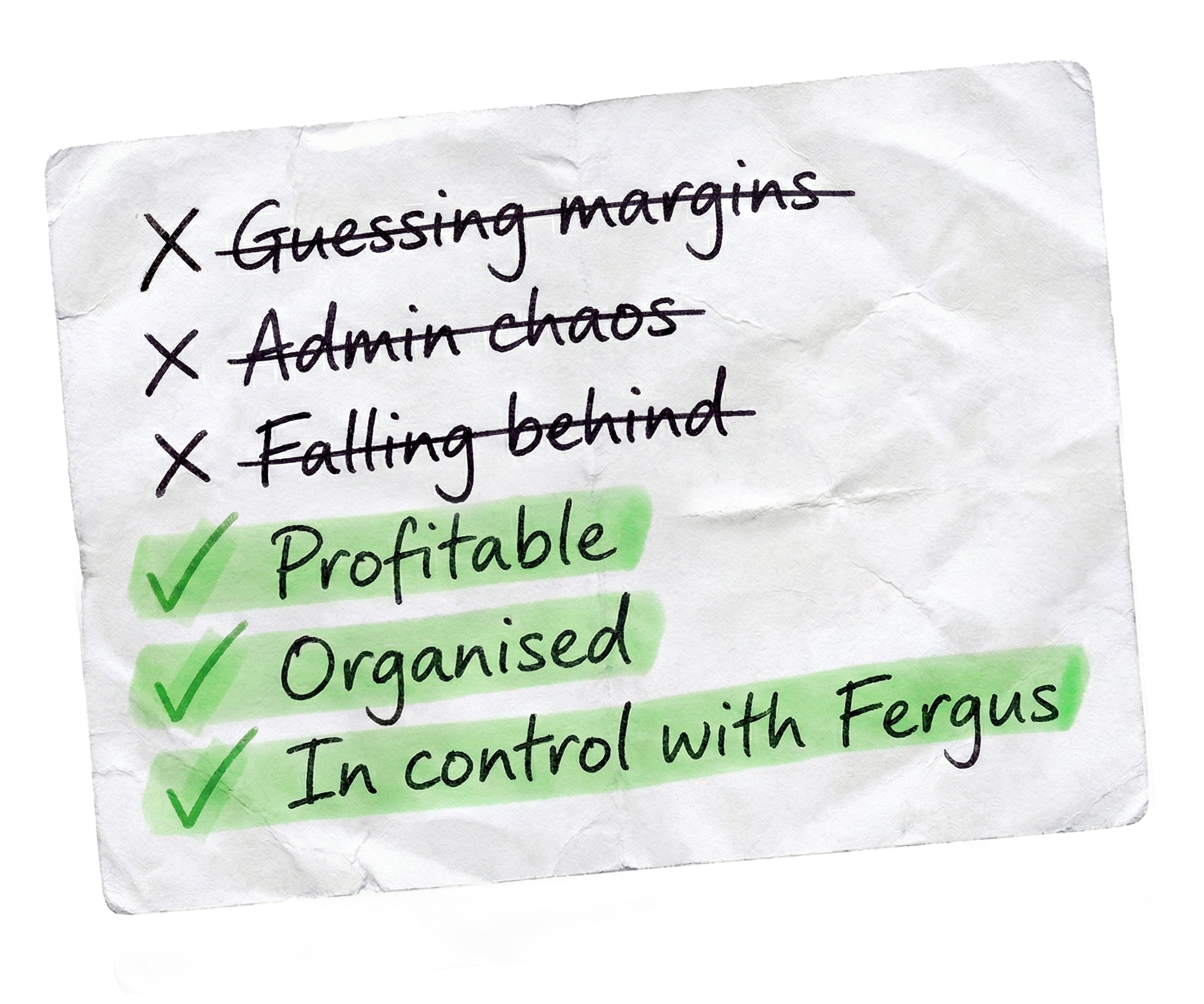Job management software plays a vital role in streamlining operations and boosting productivity for trade businesses. With a wide range of options available, finding the right software that fits your operational needs is essential. Here’s a guide on choosing and implementing job management software for your trades business.
Understanding Your Business Needs
- Scope of Operations: Assess the size and scope of your business to determine the software’s scalability and customisation options.
- Feature Requirements: Identify key features essential for your operations, such as scheduling, invoicing, job tracking, and integration capabilities.
- Operational Workflow: Examine how your current processes function from job initiation to completion and software can optimise these workflows.
- Compliance and how Regulatory Needs: Determine if you need specific features to comply with industry regulations and standards.
- Employee Input and Adoption: Engage with staff who will use the software to understand their needs and ensure the chosen solution will be accepted and effectively used.
- Future Business Goals: Align the software’s capabilities with your long-term business objectives to support growth and adapt to changes in your industry.
Evaluating Software Features
- User-Friendliness: Ensure the software is easy to use and accessible for all team members, with a straightforward interface and mobile access.
- Integration Capabilities: Check for compatibility with existing systems, such as accounting software and supplier databases, to streamline operations.
- Customisation and Scalability: Consider whether the software can be tailored to your specific business processes and grow with your business.
- Efficiency and Speed: Analyse the software’s performance in terms of loading times, responsiveness, and processing speed to ensure it doesn’t hinder daily operations.
- Compatibility with Devices: Ensure the software works seamlessly across various devices, including smartphones, tablets, and desktop computers, to support field and office staff.
- Reporting and Analytics: Look for comprehensive reporting tools that offer insights into business performance, job costs, and productivity metrics.
- Customer Relationship Management (CRM): Assess if the software includes CRM features to manage customer interactions, history, and feedback effectively.
Implementation Process
- Training and Support: Look for software providers that offer comprehensive training and ongoing support to facilitate a smooth transition.
- Data Migration and Setup: Assess the process for migrating existing data into the new system and setting up the software to fit your operational needs.
Cost Considerations
- Pricing Structure: Analyse the pricing model, including subscription fees, setup costs, and any additional charges for extra features or users.
- Return on Investment: Evaluate the potential efficiency gains and cost savings against the investment in the software to ensure it’s financially viable.
Long-term Viability
- Software Updates and Improvements: Ensure the software provider regularly updates and improves the product to meet evolving industry standards.
- Customer Feedback and Reviews: Research user reviews and testimonials to gauge the software’s performance and customer satisfaction levels.
Choosing the right job management software can seem daunting. However, finding a solution that aligns with your business needs is vital for operational success. We recommend booking a demo with Fergus’s professionals to explore how Fergus software can cater to your specific requirements and determine if it’s the right fit for your business.










